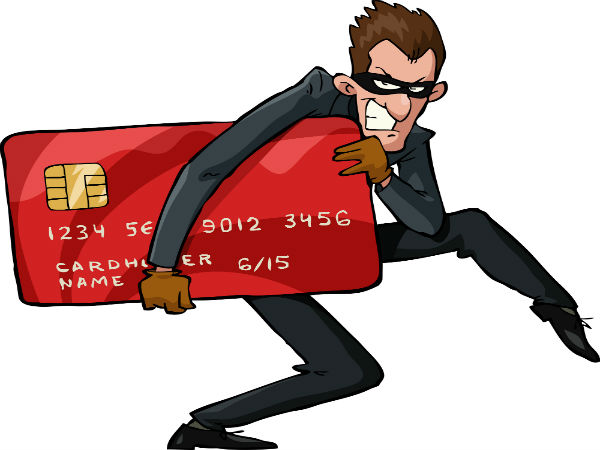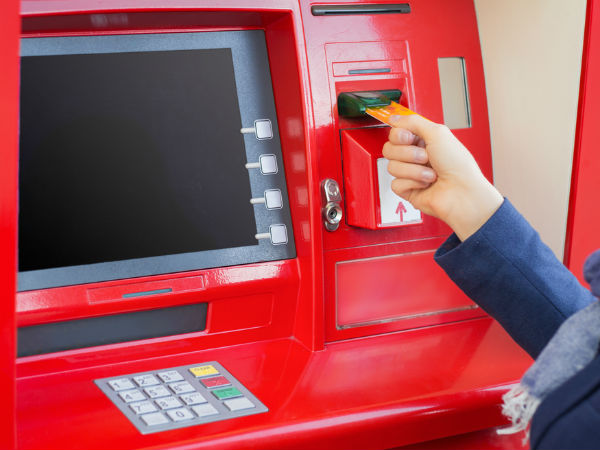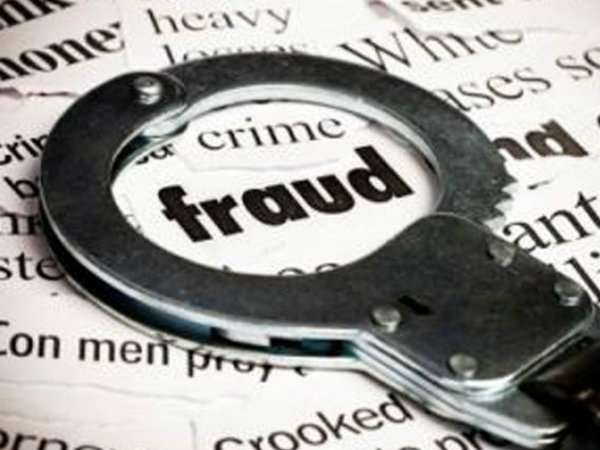How to Protect Your Money From Digital Thefts?
From paying for groceries to cars, today, we are highly exposed to digital transactions. Using multiple devices and exposing important data especially related to your finances can leave you vulnerable to misuse of information. While we debit/credit cards for almost everything, it is essential to be aware of potential threats of theft.
Passwords, secret questions and other means used by banks and RBI cannot protect you from your own mistakes of giving away data. As you access your email account on various devices at work, home and also in public places, it will not take fraudsters too long to access your accounts.
Here are a few measures you can take to protect your money when you expose yourself online:

Choose smart security questions
Changing your net banking password or that of your online stock trading account is just two security questions away. If you choose simple questions like "what is your father's name?" or "what is your favourite sport?" that can be easily answered by anyone from your social media accounts and hacking your account will be a cakewalk.

Be careful of what your share on social media
Sharing details like your complete date of birth on social media sites or pictures of any government ID proofs will make it easy for fraudsters to hack your accounts.
Personal details like your favourite things could help them crack security questions.

Cloning devices in ATMs
There have been multiple cases where large sums of money was withdrawn from ATMs using cloned cards of Delhi and Kolkata residents at various locations in India as well as abroad.
Banks have noted this issue and have been replacing ATM cards that have magnetic strips with chips, as old cards with magnetic strips are the ones that can be cloned. If you haven't changed yours yet, do it immediately.

Phone calls
Not all calls that you receive regarding credit cards or loans are authentic. Many fraudsters make calls asking for your personal details to process your application in the name of a reputed bank. This applies to emails as well. These fraudsters provide official email addresses like [email protected] for example, which is clearly fake.
Apply for cards directly by visiting your bank branch. Do not in any case share details like OTP, passwords, PAN card number, Aadhaar number or date of birth with unknown callers that claim to be calling from banks or for online shopping website refunds.

Download only legit software or apps
There is a large pool of free software and apps in the market that can be downloaded with just a touch. These apps then ask for permission to access information like location, SMS, etc on your device, leaving you exposed to potential theft. You will not only be sharing your own data but that of your contacts.

Online shopping
Do not store your card details and CVV with online shopping websites so that you will be able to shop easier next time. While there will be no theft from the website's side, you will be leaving your financial details exposed to someone who accesses your laptop, desktop or phone app in your absence if you leave yourself logged in on the site.
These websites usually do not log out on their own after your shut down your system.

Lock your phone at all times
Almost every transaction today including Aadhaar authentication can happen using just an OTP. Your phone can give anyone access to change your password, email address and phone number registered to an account and you won't even know it.
Protect your phone with passwords and do not share it with anyone.

Password protect your WiFi
Experts say that keeping your WiFi connection open and not changing the username and password from the default one given by your service provider is a bad idea. Not only can your WiFi be used by someone for illegal activities at your expense, there is a risk that fraudsters will be able to access your personal data.

Avoid free public WiFi connections
Avoid using free public WiFis as the traffic on these networks can be easily tracked to make limitations on usage. Such exposure will allow attackers to track your personal data and information to make financial transactions on your device.



























